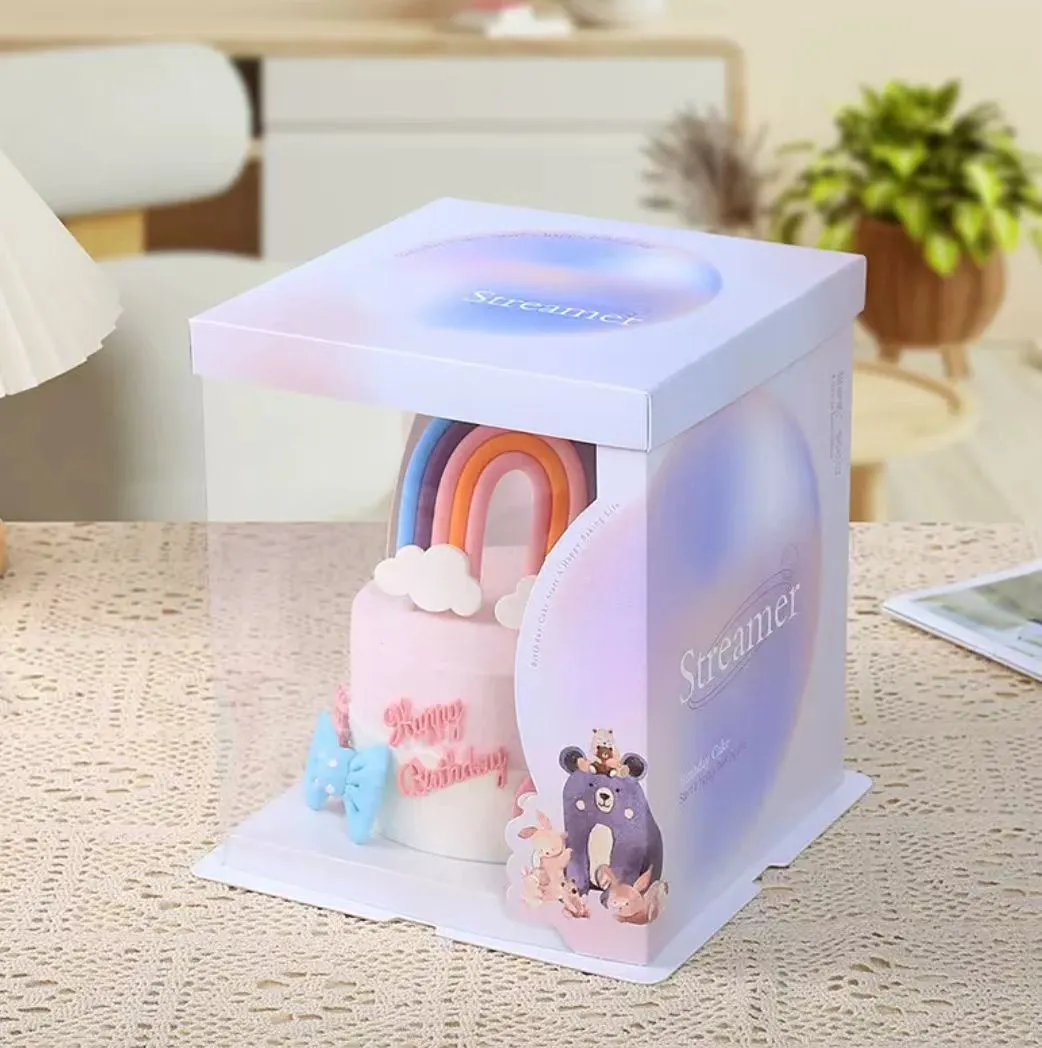The Rise of Single Wall Paper Cups An Eco-Friendly Choice
In recent years, the global push toward sustainability has led to significant changes in consumer behavior and product design. Among the many alternatives to traditional disposable products, single wall paper cups have emerged as a popular choice for businesses and consumers alike. Understanding the benefits and applications of these cups is essential in recognizing their role in promoting environmentally responsible practices.
Single wall paper cups are made from paper without an insulating layer, making them lighter and generally easier to recycle compared to their double-walled counterparts. They are typically made from renewable resources, which is a key selling point in today's eco-conscious market. The use of paper, derived from trees, aligns with the broader movement to reduce plastic waste and the environmental impact of non-biodegradable materials.
One of the main benefits of single wall paper cups is their lightweight design. They are easy to handle and require less energy to manufacture and transport compared to heavier plastic or double-wall cups. This reduced weight not only lowers shipping costs but also allows more cups to be transported in a single load, further minimizing carbon emissions associated with transportation.
Moreover, single wall paper cups are incredibly versatile. They can be used for both hot and cold beverages, making them suitable for a variety of settings—from coffee shops to outdoor events. Their simplistic design is also appealing, allowing businesses to customize the cups with their branding or artwork, enhancing their marketing efforts while still contributing to a sustainable image.
single wall paper cups

Another advantage of single wall paper cups is their ease of disposal. Unlike plastic cups, which can take hundreds of years to decompose, paper cups are typically recyclable and biodegradable. This means that, when disposed of correctly, they can break down into natural materials without polluting the environment. Many businesses and municipalities have implemented recycling programs to ensure these cups are processed efficiently, thus further promoting a circular economy.
However, it is crucial to note that not all single wall paper cups are created equal. Many cups are lined with a plastic coating (often polyethylene) to make them waterproof. This lining can complicate the recycling process, as it makes the cups less eco-friendly. To combat this issue, manufacturers are increasingly exploring alternatives, such as using PLA (polylactic acid) liners made from cornstarch, which can be composted. Additionally, new technologies are being developed to create fully biodegradable and compostable paper cups that do not require plastic lining.
As consumers become more aware of their environmental impact, their preferences are shifting toward sustainable choices. Businesses that adopt single wall paper cups not only demonstrate commitment to sustainability but also enhance their appeal to the growing segment of eco-conscious consumers. This shift is particularly apparent in the food and beverage industry, where customers are actively seeking brands that prioritize environmental responsibility.
Incorporating single wall paper cups into everyday use can also create an opportunity for educational initiatives. Coffee shops and restaurants can inform customers about the importance of recycling and proper disposal, fostering a culture of sustainability. By providing recycling bins and clear signage, these establishments can encourage patrons to participate in waste reduction efforts.
In conclusion, single wall paper cups represent a significant step toward more sustainable consumer habits. Their lightweight design, versatility, and ease of disposal make them an attractive option for businesses looking to reduce their environmental footprint. Moreover, as manufacturers continue to innovate and explore biodegradable alternatives, the potential for these cups in a sustainable future is undeniable. By embracing single wall paper cups, we can collectively contribute to a cleaner environment and a more sustainable planet. In a world increasingly focusing on ecological balance, these humble cups serve not only as vessels for beverages but also as symbols of our commitment to a greener future.



